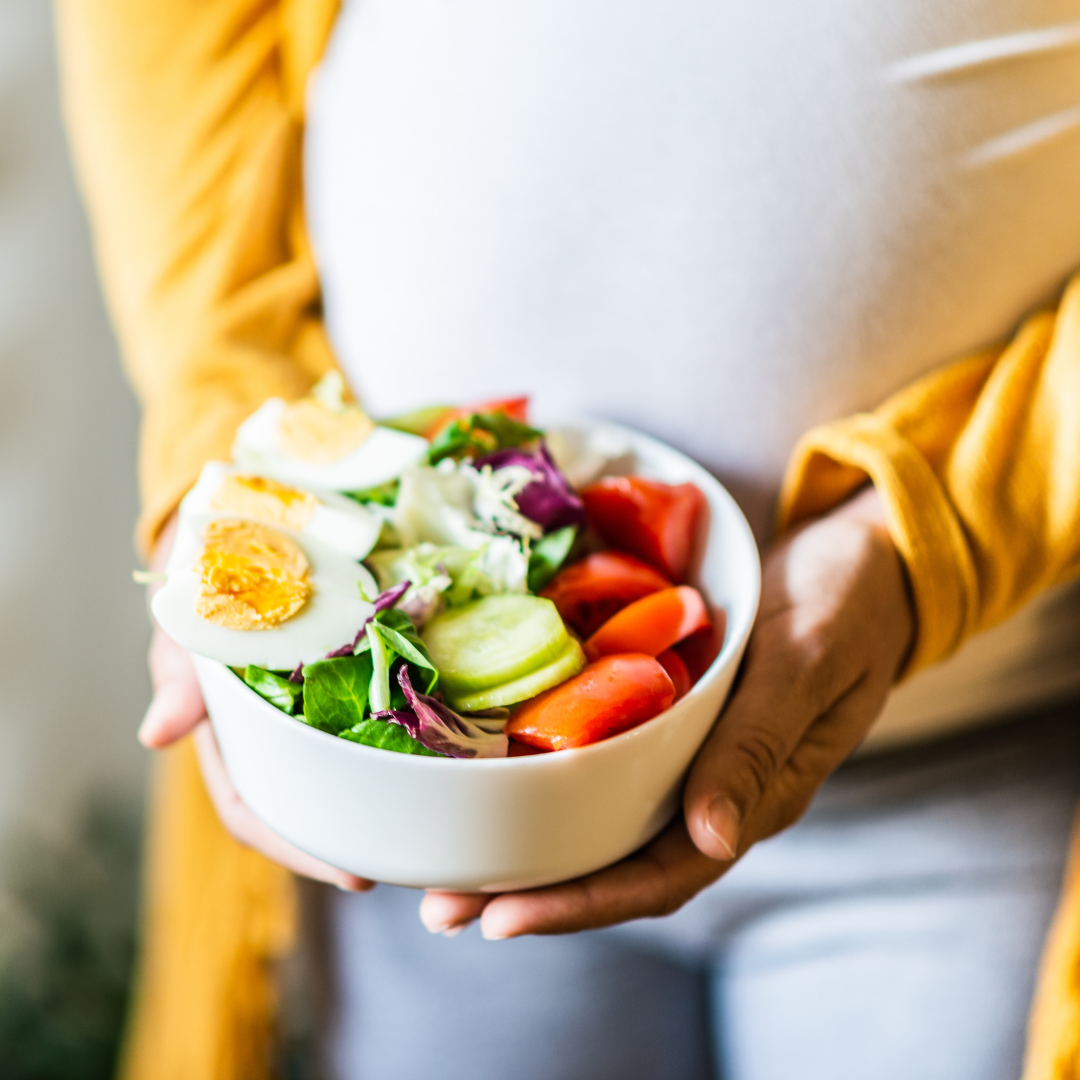It’s Nutrition and Hydration Week, from 11th – 17th March, an annual event with a shared objective to focus, confirm, re-educate and create a wider awareness and engagement around promoting nutrition and hydration as a fundamental element to maintaining health and wellbeing for all. As midwives we all know the importance of nutrition and have many conversations around health and nutrition. But with changing guidance and new dietary advice, are we always giving the most up to date information. One of the students at Cardiff Met University is tackling this concern. Nicki Mooneyvale, Nutrition Student from Cardiff Met University has taken some time out between studying and being a personal trainer to help us understand more about the gaps in nutrition advice.
It is becoming more established that the first 1000 days of life is critical to the early development of foetal programming (1) and the origins of health and disease concept(2). Linking parental lifestyle and diet to the future health and risks of nutrition related non-communicable diseases (NR-NCDs) later in adult life.
Research shows that the growing baby will adapt in the short-term to its environment for survival, taking required nutrients from its maternal host; but at what cost to the offspring during later child-hood and into adult life. Both over and under nutrition during this time has shown to be associated with not only the future risks of NR-NCDs of the offspring but the mother to.
What can be done, given that midwives generally do not see parents until 6-8 weeks into pregnancy, missing the first few weeks of development?
More can be done to intervene prior to pregnancy at primary care stage, such as, more school education, pre-pregnancy nutrition classes for prospective new parents, infographics at GP surgeries, community settings?
The UK does not have official guidance to optimal gestational weight gain (GWG) and medical professionals have very specific basic nutrition training tailored to their area of expertise such as breastfeeding/ bottle feeding and weaning leaving large gaps in the opportunity to advise parents that are more motivated to lifestyle changes to provide the best environment for their future family.
With more online podcast ‘nutrition experts’, trends in diets, cost of living crisis and environmental concerns, we as experts need to ensure that we are not just confident in talking about the above issues but also provide the most up-to-date, time relevant advice and if that not possible, we need to sign post to either a registered Afn/RNut nutritionist or HCPC registered Dietitian.
In the meantime, ‘Every Contact Counts’ so here are some credible sources of information:
Babies and pregnancy food facts (bda.uk.com)
Life stages – British Nutrition Foundation
Planning your pregnancy – NHS (www.nhs.uk)
By Nicki Mooneyvale, Nutrition Student Cardiff Met University





